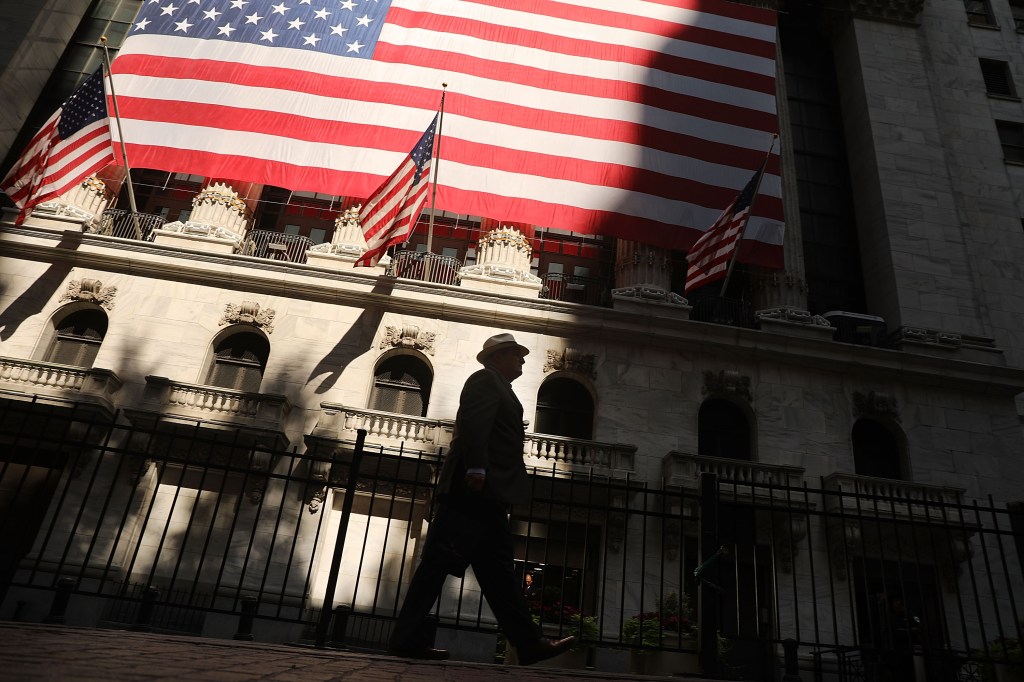Investors plowed into the stock market this week after a monthly inflation report ended a streak of worse-than-expected data this year, fueling the biggest rally in years on hopes the Federal Reserve may be nearing the end of its interest rate hikes, but analysts and some officials have quickly pointed out the economy remains in flux and prone to recession—even if stocks suggest otherwise.

As experts weigh whether the nation may plunge into a recession, here’s how the economy is holding up:
Inflation
Inflation grew at the slowest pace since January last month, spiking 7.7% on an annual basis, according to the consumer price index report released Thursday. That was lower than the 8.2% increase in September and down from a 40-year high of 9.1% in June. Despite the one-month reprieve, many economists cautioned against being overly optimistic. “If this constitutes improvement, we’ve set a very low bar,” says Bankrate chief financial analyst Greg McBride, adding the “pervasiveness” of inflation “remains problematic,” particularly since shelter, food and energy prices—“are still seeing large and consistent increases.” Mester on Thursday said she believes inflation may not return to the Fed’s historical 2% target until 2025.
Housing Market
The potential respite even extended to the recently struggling housing market. The average rate on the popular 30-year mortgage plunged the most since a record drop at the start of the pandemic after the better-than-expected inflation data, falling from 7.2% to 6.6%, according to Mortgage News Daily. In a note to clients, Pantheon Macro chief economist Ian Shepherdson said mortgage applications could stop falling now that mortgage rates are no longer rising, but he cautioned actual sales and “especially” prices have further room to fall before the housing market adjusts to the Fed’s rate hikes this year.
Stock Market
Stocks have suffered since the Fed started raising rates in March, pushing the S&P down as much as 25% this year. However, the index has since pared gains to just 17%, largely thanks to hopes that the worst of inflation—and the Fed’s rate hikes (which curtail demand by making borrowing more expensive)—may be over. Analyst Tom Essaye of the Sevens Report notes the recent rally resembles those from March and June and predicts the S&P could climb another 5%, but he’s not sure the index won’t plunge again. “Real bear market bottoms are formed on the back of investor capitulation and panic, something we have not yet seen with the market this year,” said in a Friday note.
The Fed
The Fed has just one more policy meeting this year, concluding on December 5. Even though Fed Chair Jerome Powell laid out a case for slowing the pace of tightening in July, policymakers changed their tune after the CPI reports for August and September both rose more sharply than expected, suggesting the central bank has more work to do before taming rising prices. October’s report could help turn the tide, but Goldman Sachs still projects the central bank will hike to a top rate of 5% next year—eclipsing the 4.9% projection the Fed issued in September and far higher than its December projections calling for a top rate of 3.1%.
This article was first published on forbes.com
Further Reading
Dow Has Best Day Since 2020 On Inflation Optimism (Forbes)